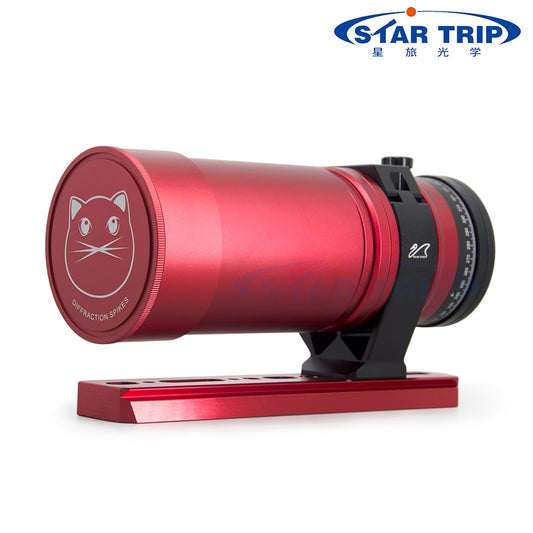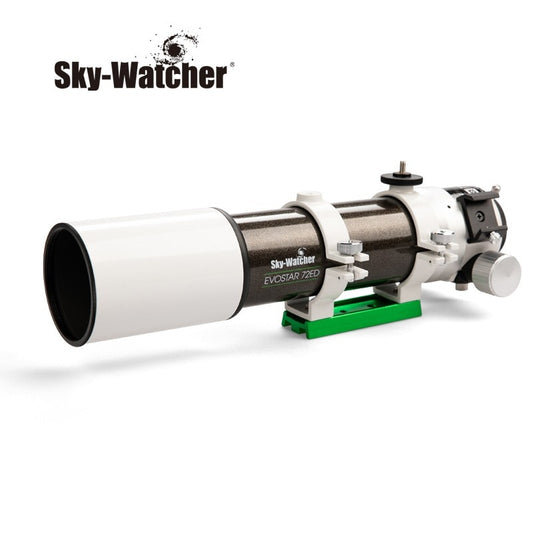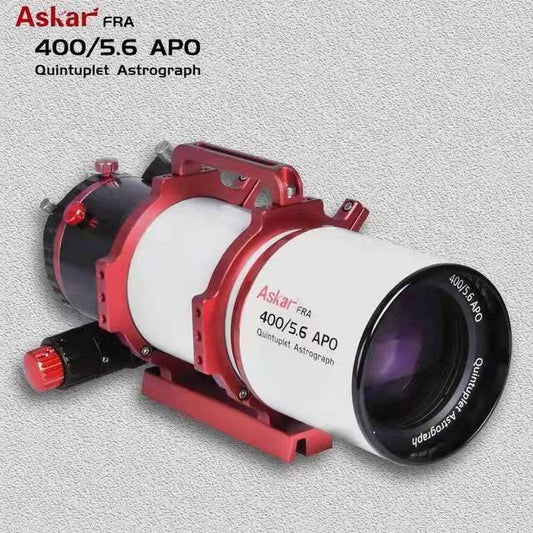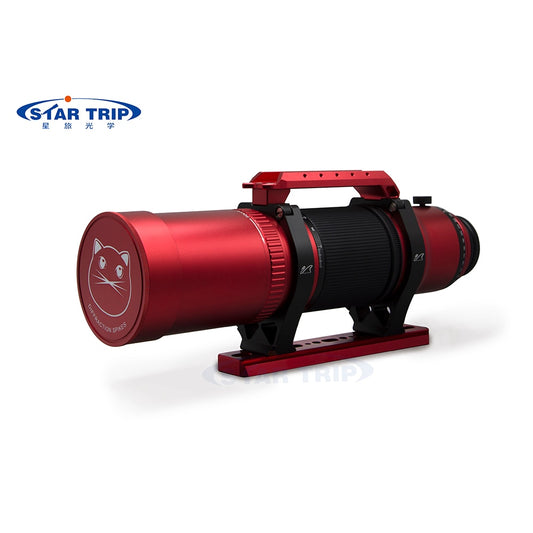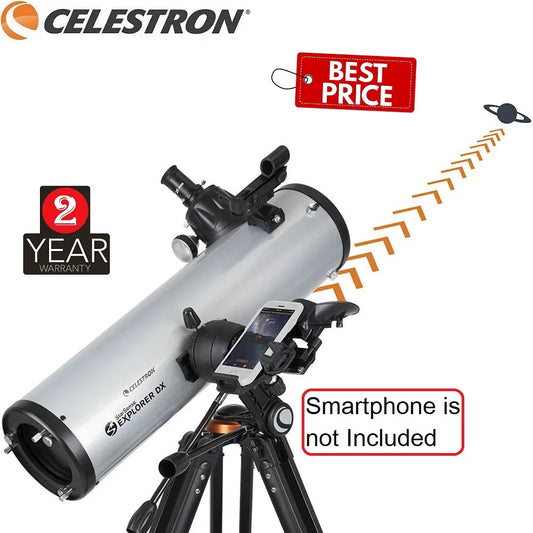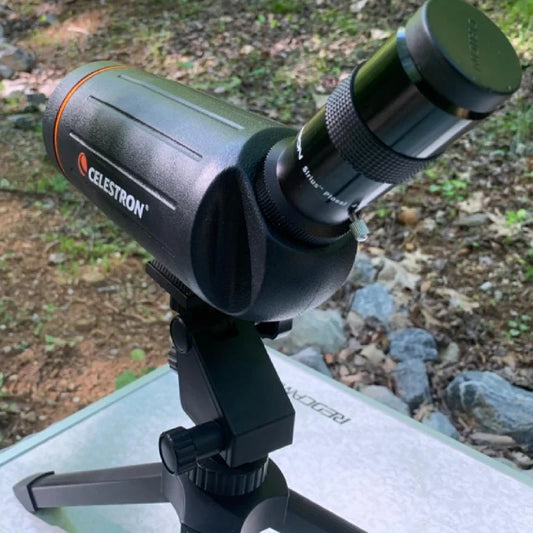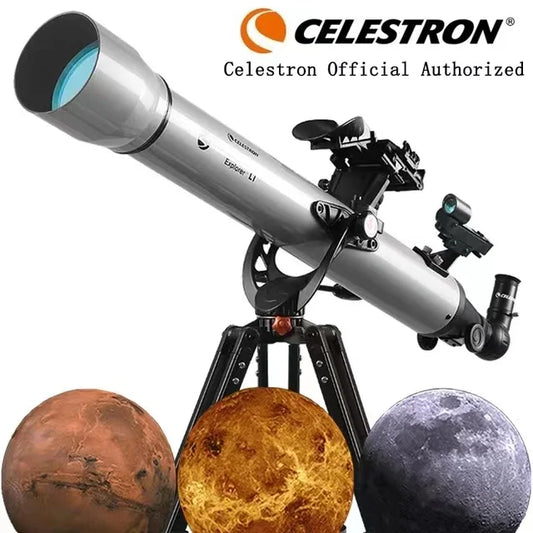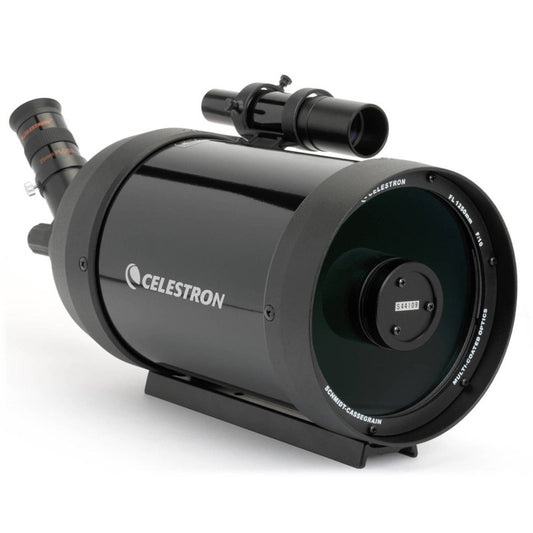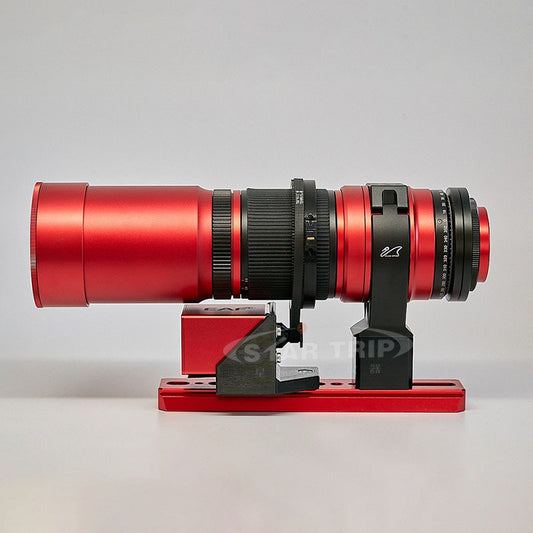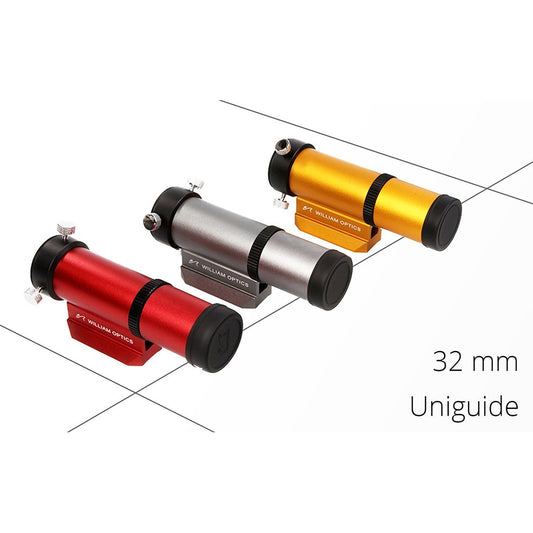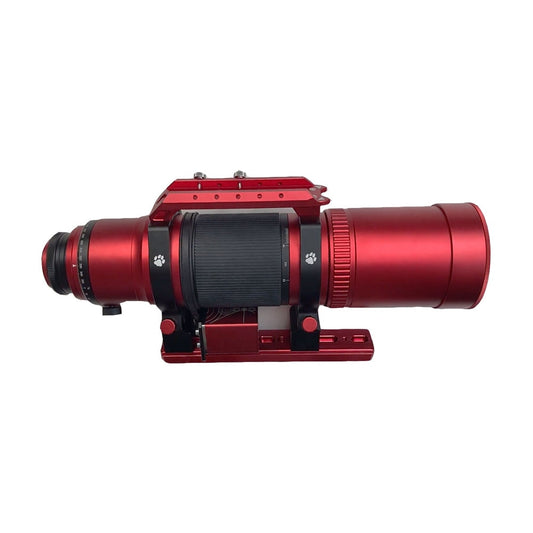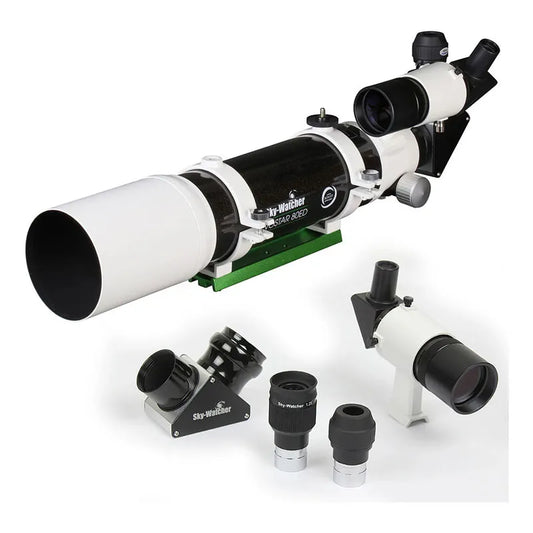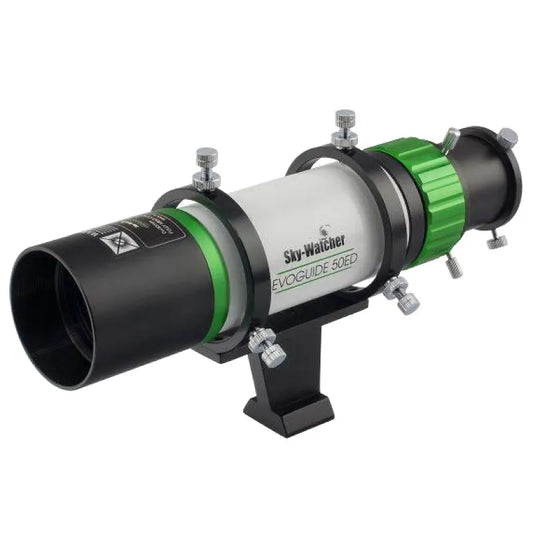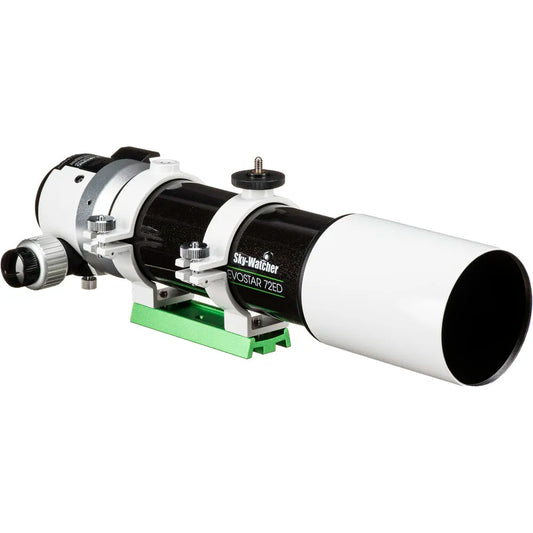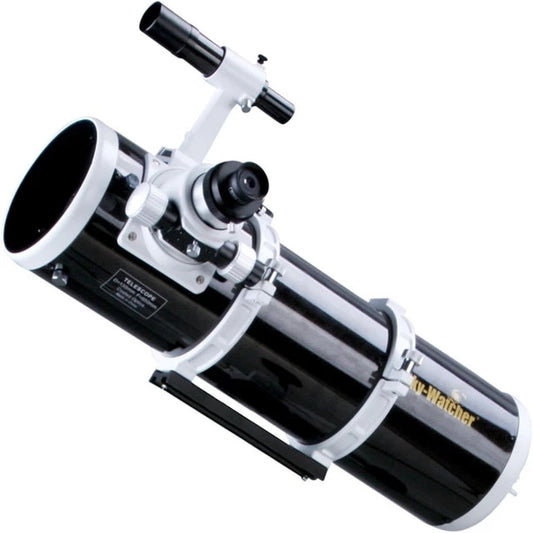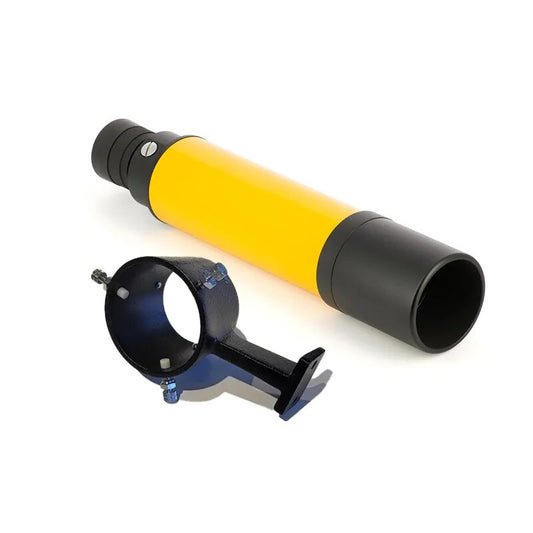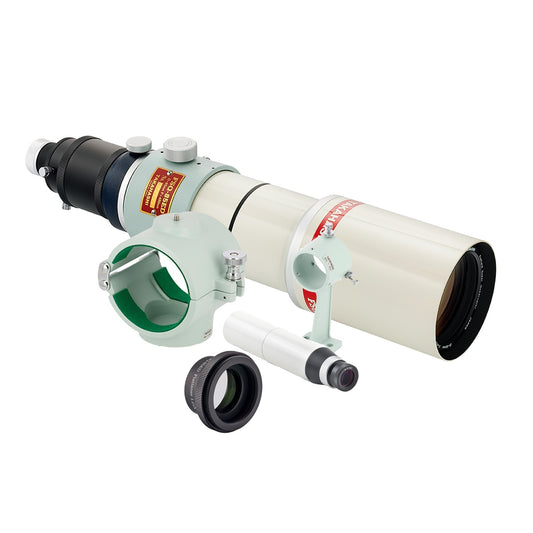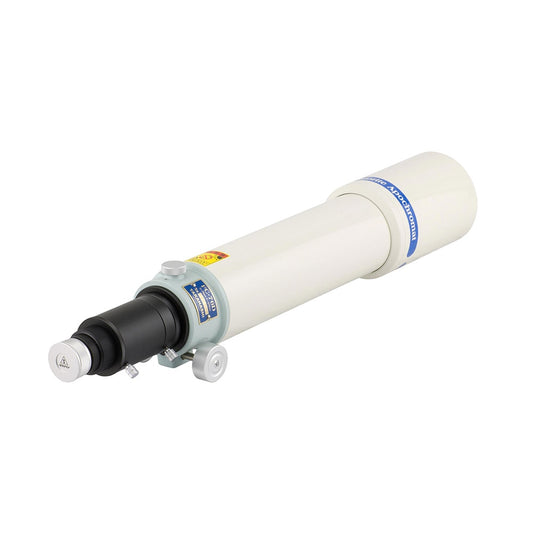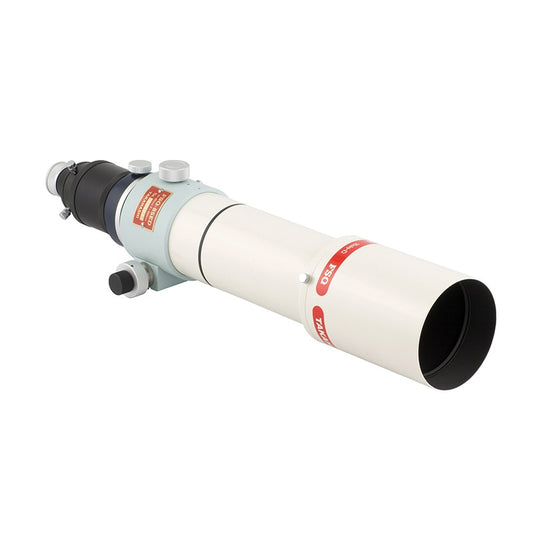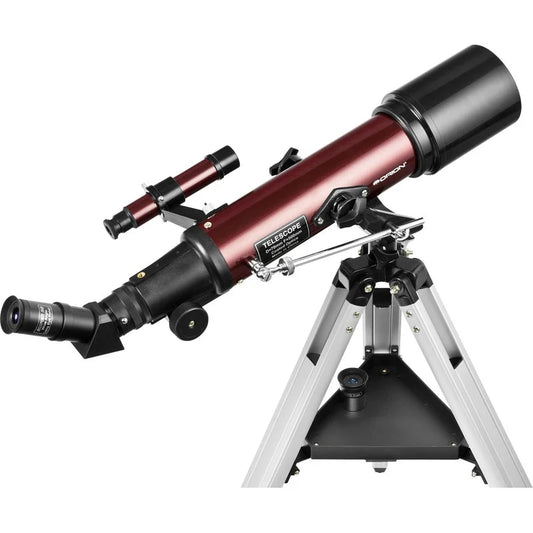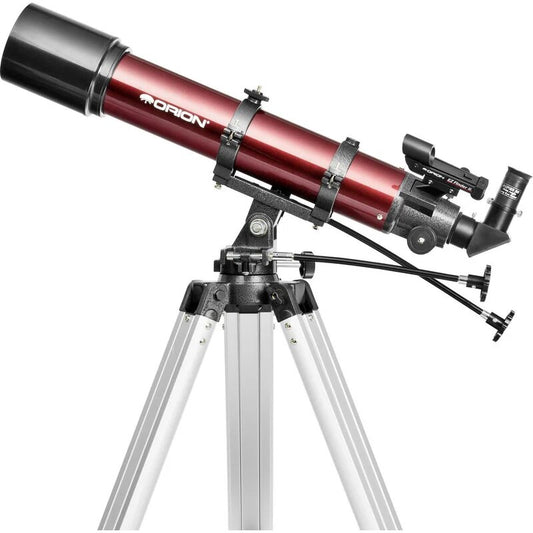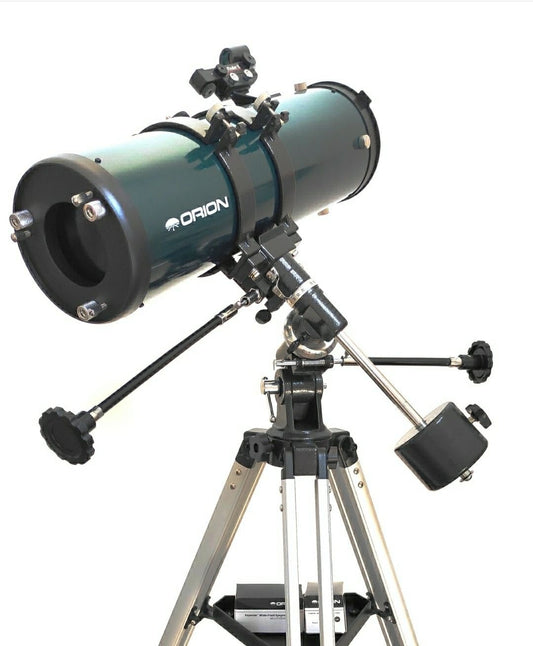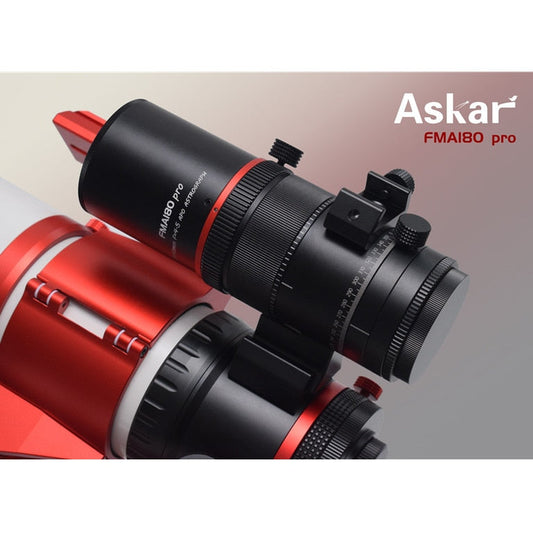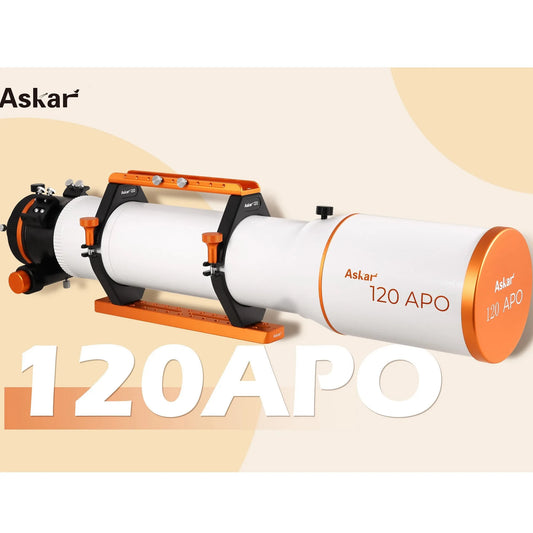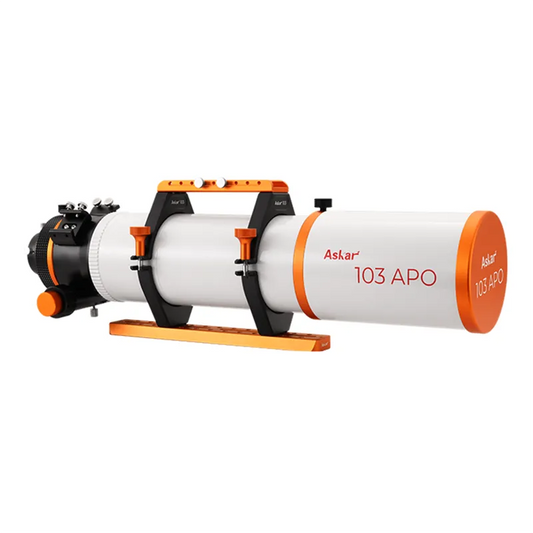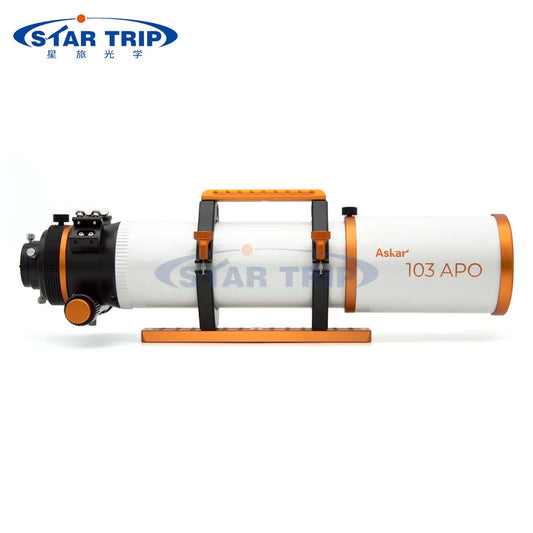Telescope vs Camera Lens: Exploring the Universe Through Optics
When it comes to capturing distant subjects and exploring the wonders of the universe, both telescopes and camera lenses play a significant role. They are powerful tools that enable us to see beyond our reach and capture breathtaking images. In this blog post, we will compare telescopes and camera lenses, highlighting their main differences, capabilities, and applications. Join us as we delve into the world of optics and discover which option is best suited for your specific needs.
Main Difference: Telescope vs Camera Lens
The main difference between a telescope and a camera lens lies in their primary functions. A telescope is designed primarily for observation and capturing celestial objects, while a camera lens is specifically designed for photography. While both can magnify distant subjects, they serve different purposes and excel in different areas.
A telescope is optimized for high magnification, enabling you to observe celestial bodies with great detail and clarity. It is ideal for exploring the moon, planets, stars, galaxies, and other deep-sky objects. Telescopes often have larger apertures, allowing for better light-gathering capabilities and enhanced visibility of faint objects in the night sky.
On the other hand, a camera lens is designed to capture images with a wide field of view and excellent optical quality. Camera lenses are versatile tools that can be used for various photography genres, including landscape, portrait, wildlife, and astrophotography. They offer different focal lengths, aperture ranges, and features that cater to specific photographic needs.
Let's delve deeper into the comparison between telescopes and camera lenses in the table below:
| Features | Telescope | Camera Lens |
|---|---|---|
| Primary Function | Observation and capturing celestial objects | Photography |
| Magnification | High magnification for detailed observations | Variable focal lengths for different compositions |
| Field of View | Narrow field of view | Wide field of view |
| Aperture | Larger apertures for better light-gathering | Variable apertures for depth of field control |
| Optical Design | Optimized for precise astronomical viewing | Optimized for sharp and accurate image rendering |
| Portability | Varies based on size and type of telescope | Compact and easily transportable |
| Application | Celestial observation and astrophotography | Various photography genres including astrophotography |
Tips for Choosing the Right Telescope or Camera Lens
When it comes to selecting the right telescope or camera lens, consider the following tips to make an informed decision:
- Define Your Purpose: Determine your primary interest and purpose. Are you more interested in observing celestial objects or capturing stunning photographs? This will help you narrow down your options and choose the right equipment.
- Research and Educate Yourself: Take the time to research different types of telescopes and camera lenses. Understand their features, specifications, and capabilities. Familiarize yourself with terms like aperture, focal length, magnification, and optical quality. This knowledge will empower you to make a well-informed choice.
- Consider Your Budget: Set a budget that aligns with your needs and expectations. Telescopes and camera lenses can range in price from affordable to quite expensive. It's important to find a balance between your budget and the quality of equipment you desire.
- Try Before You Buy: If possible, visit a local store or attend astronomy or photography events where you can test different telescopes or camera lenses. Getting hands-on experience will give you a better understanding of how they feel, handle, and perform.
- Read Reviews and Seek Recommendations: Read customer reviews and seek recommendations from experienced photographers or astronomers. This firsthand information can provide valuable insights and help you make a more informed decision.
- Consider Future Growth: Think about your long-term goals and consider equipment that can grow with you. Investing in a versatile telescope or camera lens that can be upgraded or adapted to different needs will save you money and ensure longevity.
- Evaluate Portability: Consider the portability of the equipment. Telescopes can be bulky and require a stable mount, while camera lenses can vary in size and weight. If you plan to travel or explore different locations, portability becomes an important factor to consider.
- Check Compatibility: Ensure that the telescope or camera lens is compatible with your existing equipment. For cameras, check the lens mount compatibility, while for telescopes, ensure compatibility with accessories such as eyepieces and mounts.
Maintaining and Caring for Your Telescope or Camera Lens
Once you've chosen and acquired your telescope or camera lens, it's important to take proper care of your equipment to ensure its longevity and optimal performance. Here are some essential maintenance tips:
- Clean Regularly: Keep your telescope or camera lens clean to maintain image quality. Use a soft lens brush or blower to remove any dust or debris. For stubborn dirt or fingerprints, use a lens cleaning solution and a microfiber cloth designed for optical surfaces. Avoid excessive pressure and be gentle when cleaning.
- Protect from the Elements: When not in use, protect your telescope or camera lens from dust, moisture, and extreme temperatures. Use lens caps or covers to prevent scratches and damage to the front and rear elements. Store your equipment in a dry and dust-free environment.
- Handle with Care: Always handle your telescope or camera lens with clean hands and avoid touching the optical surfaces. Hold the equipment securely and avoid dropping or knocking it against hard surfaces. When attaching or removing lenses, follow the manufacturer's instructions to prevent damage.
- Avoid Direct Sunlight: Never point your telescope or camera lens directly at the sun without appropriate solar filters. The intense sunlight can cause irreversible damage to the optics and may even pose a safety risk. Use solar filters designed for observing or photographing the sun.
- Service and Calibration: Periodically have your telescope or camera lens serviced and calibrated by a professional technician. This ensures that the equipment is in optimal condition and performs accurately. Follow the manufacturer's recommendations for service intervals and seek professional assistance if you notice any issues.
- Transportation and Storage: When transporting your telescope or camera lens, use padded carrying cases or protective bags to prevent damage. Securely fasten the equipment to avoid shifting during transit. When storing your equipment, ensure it is in a stable position and protected from moisture, dust, and humidity.
- Check for Updates: Stay informed about any firmware updates or product recalls related to your telescope or camera lens. Check the manufacturer's website regularly for updates and follow any instructions provided.
Conclusion: Choose Your Optical Path
In conclusion, the choice between a telescope and a camera lens depends on your intended purpose. If you are primarily interested in observing celestial objects, capturing detailed views of the moon, planets, or deep-sky objects, a telescope is the ideal option. It offers high magnification, larger apertures for better light-gathering, and optimized optics for precise astronomical viewing.
On the other hand, if you are more focused on photography and want versatility across various genres, a camera lens is the way to go. Camera lenses provide different focal lengths, wide apertures for creative depth of field control, and optimized optics for capturing sharp and accurate images.
Consider your specific interests, budget, and intended use when making your decision. Remember that telescopes are more specialized tools, while camera lenses offer a broader range of applications.
Ultimately, whether you choose a telescope or a camera lens, both will open up new optical pathways and allow you to explore and capture the beauty of the universe in their unique ways.


